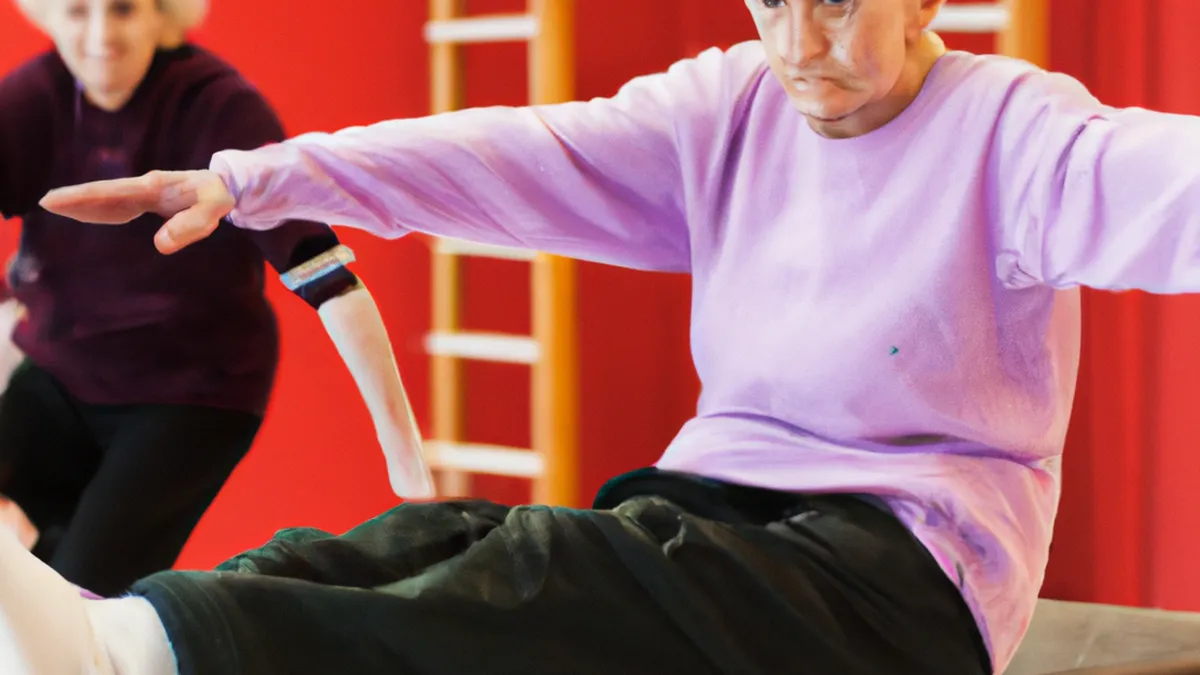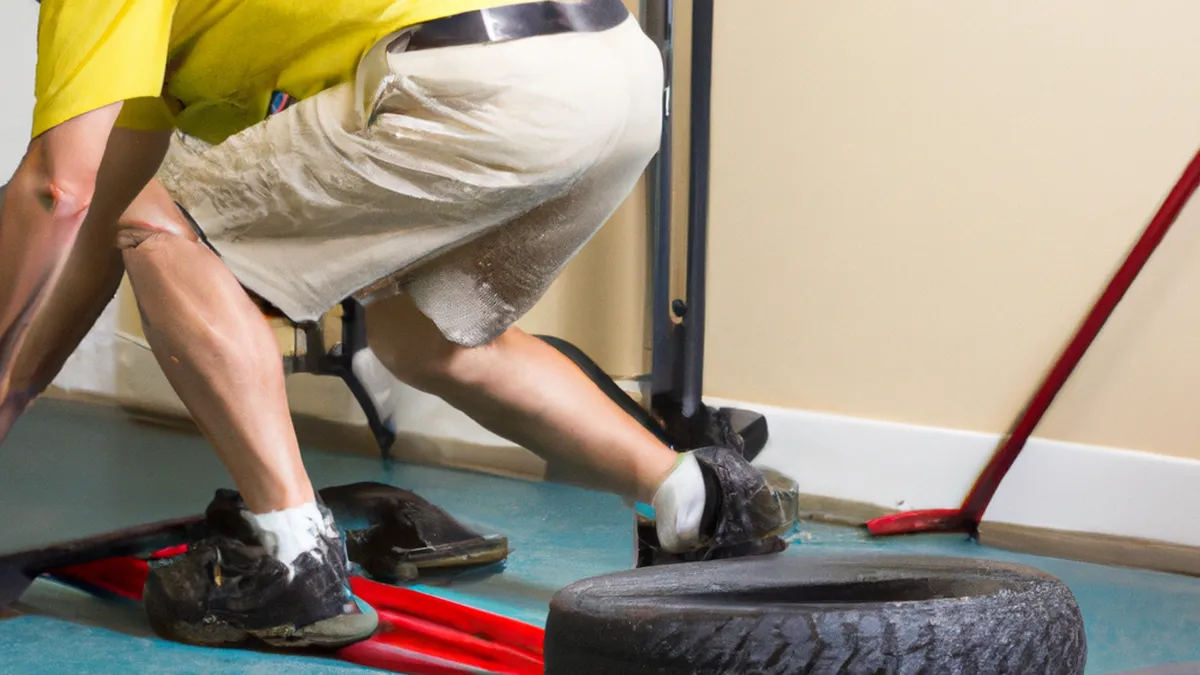Agility Drills for Improved Stability
Balance Training to Prevent FallsFalls significantly threaten individuals, particularly older adults. The Centers for Disease Control and Prevention (CDC) reports falls as the leading cause of injury among seniors. These falls lead to fractures, head injuries, and even death. Fortunately, you can lower your fall risk through balance training. This blog explores effective balance training techniques, their importance, and how to incorporate them into your daily life.
Why Balance Training Matters
Aging can weaken balance due to muscle loss, impaired vision, and inner ear changes. Balance training strengthens core muscles and improves coordination. A strong core decreases the chance of losing balance, while better coordination helps you respond faster to hazards. Research shows that regular balance exercises can significantly lower fall risk. A systematic review in the Journal of the American Geriatrics Society found balance training reduces fall rates by up to 50% in older adults. Additionally, balance training enhances overall stability, crucial for maintaining your center of gravity while walking or turning. By including balance training in your routine, you can improve safety and well-being.
Effective Balance Exercises
As an Amazon Associate I earn from qualifying purchases.
Gear tip: consider chair yoga strap, walking poles, and hand grip strengthener to support this topic.
Several effective exercises exist for balance training. Here are some options:
1. Single-Leg Stands
Single-leg stands effectively improve balance. Stand on one leg for 10-30 seconds. If stable, close your eyes for a challenge. Gradually increase your standing duration. Switch legs and repeat. This exercise enhances balance and strengthens leg and core muscles.
2. Heel-to-Toe Walk
The heel-to-toe walk enhances coordination and balance. Walk in a straight line, placing one foot’s heel directly in front of the other foot’s toes. Maintain a straight line and balance as you walk. Aim to walk this way for 20-30 feet. This exercise also improves your gait and overall stability.
3. Tai Chi
Tai Chi involves slow, deliberate movements combined with deep breathing. Practicing Tai Chi enhances balance, flexibility, and strength. Many older adults enjoy this practice, benefiting their overall wellness. Consider joining a local Tai Chi class or following online tutorials. The meditative aspect also reduces stress, boosting well-being.
4. Side Leg Raises
Side leg raises target outer thigh muscles and improve lateral balance. To perform this exercise…
Conclusion
Incorporating balance training into your routine significantly reduces fall risk and enhances overall health. Prioritize these exercises for safety and well-being.
Below are related products based on this post:
FAQ
Why is balance training important?
Balance training is crucial because it helps strengthen core muscles and improve coordination, which are essential for preventing falls. As people age, factors such as muscle loss and impaired vision can weaken balance, making training vital for maintaining stability and safety.
What are some effective balance exercises?
Effective balance exercises include single-leg stands, heel-to-toe walks, Tai Chi, and side leg raises. These exercises not only improve balance but also enhance coordination and strength, contributing to overall stability and reducing the risk of falls.
How often should I practice balance training?
It is recommended to incorporate balance training into your routine regularly, ideally several times a week. Consistent practice helps reinforce the benefits and significantly lowers the risk of falls, particularly for older adults.















Post Comment